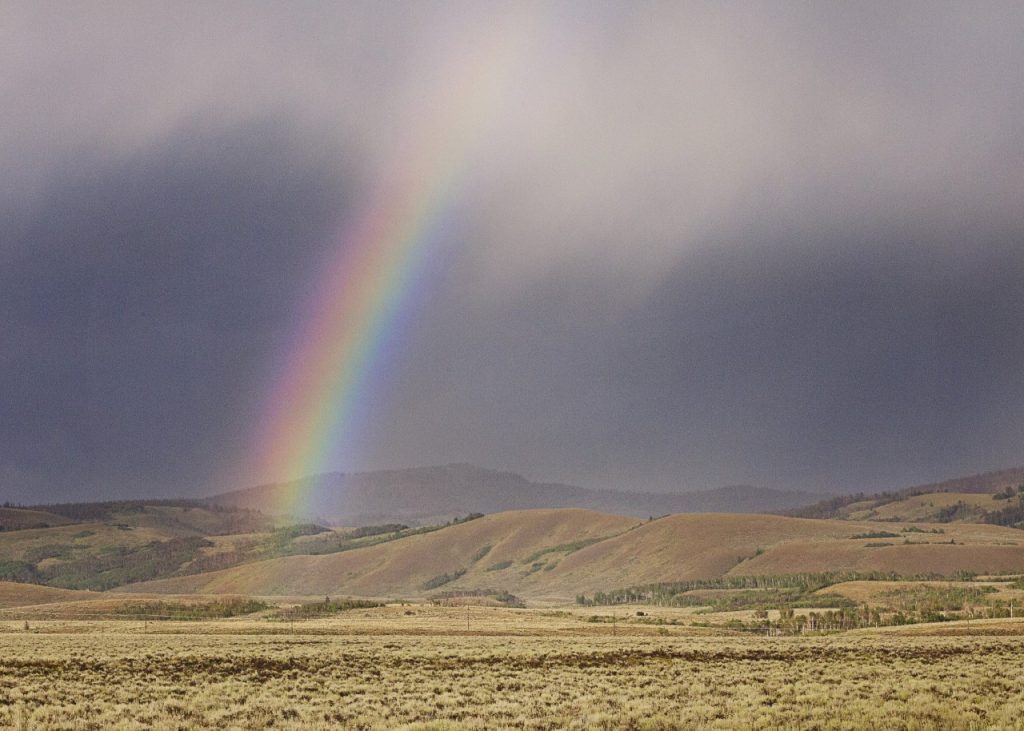Creativity to Recreate | COVID-19 Conversations with Pat & Tammy McLeod
April 22, 2020Liminal Space | COVID-19 Conversations with Pat & Tammy McLeod
April 24, 2020Finding Hope in Redemptive Stories
Pat McLeod, Harvard Chaplain for Cru, coauthor of Hit Hard: One Family’s Journey of Letting Go of What Was – and Learning to Live Well with What Is.
In the book entitled, Story, Robert McKee says, “We tell and we take in stories as much as we sleep, and even then we dream.”
We are story telling animals. Stories entertain us. They make us laugh and make us cry. They cause us to think and imagine new possibilities. They enable moral learning and help us to acquire practical wisdom. They awaken and stir our deepest aspirations. They surface and soften the hardest emotions. We see ourselves in the characters and conflicts of stories. We find ourselves enacting and emulating the virtues heroes in our favorite stories.

Perhaps most importantly, stories—particularly redemptive stories—give us hope.
No wonder Pauline Boss insists that religion and spirituality help us deal with ambiguous loss. Religion is the bastion of redemptive stories. These stories give us hope and Boss’s research has shown that finding hope grows resilience in the midst of ambiguous loss.
The Bible is filled with stories of redemption. From Adam (the father of mankind) and Jacob (the Father of Israel) to Peter (whose confession established the foundation the church) and John (the beloved apostle of Jesus), God meets people in desolate places (when hiding from Him in a garden, wrestling with Him in a dessert, rowing away from Him on the sea, or being exiled on an Island) and connects their smaller stories of tragic and traumatic ambiguous loss to a larger story of redemption (see Genesis 3:8-15, Genesis 32:7-32, John 18:25-27; 21, and Revelation 21 respectively).
As Andy Crouch recently said at a Veritas Forum on Coronavirus and Quarantine, “The witness of the Bible is that no matter how bad your life is, God is gracefully present in it and can unlock possibilities for it, even in the worst situations.”
In that same forum, New York Times journalist, David Brooks added, “Suffering only hurts you if you can’t attach it to a narrative of redemption.”
So how do we do that? How do we attach our story to a redemptive narrative?
Every week since our son, Soren, came home from college and the quarantine began, we have had at least one dinner conversation about how we are revising the rhythm of our daily routine so that we can “live well” with the ambiguous losses of the pandemic.
This week I reported that I am giving myself permission to spend more time each morning (in my favorite reading chair with a cup of coffee) reading through the Bible, paying special attention to the stories of redemption. How does God meet people in moments of loss? How can I attach the losses I am experiencing to this story of redemption? What hope does God offer in this story? How might this story revise my hopes? Is God inviting me to set my hope on something other than a return to life as it was before COVID-19?
That’s what I’m doing.
Photography by Bonnie Sanders
